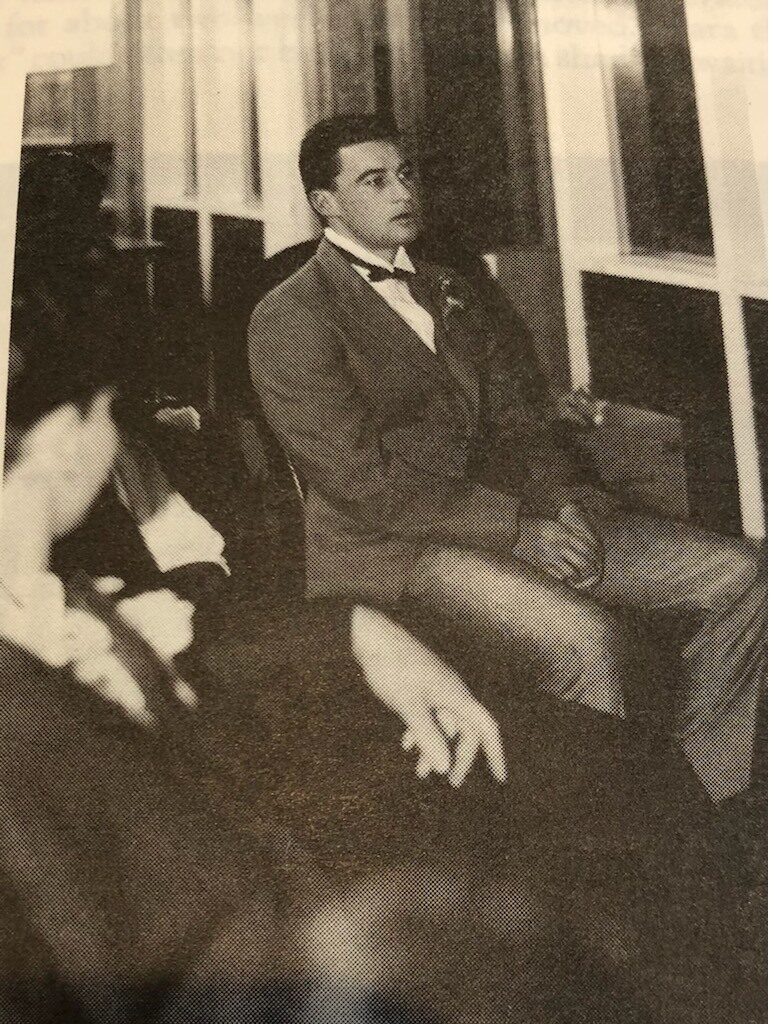
Professor Te Kani Kingi
House: Panapa House
Years attended Tīpene: 1986 – 1987
A long-serving member of the Old Boys’ Association and a stalwart supporter of the reopening of TIPENE| St Stephen’s School, Professor Te Kani Kingi (Ngāti Pūkeko, Ngāti Awa) is excited to see the school reopen. Especially given its focus on providing Māori boys the opportunity to learn at an institution that delivers culturally, socially, and academically – as it did for him.
Born in Poroporo and raised by his grandparents, the importance of education was ingrained in Te Kani from a young age. His connection to TIPENE goes back nearly 100 years, to his Grandfather and Great Uncle, who were both students of the school when it first opened on the Bombay site in 1931. He remembers that his koro would often speak with considerable fondness about the opening ceremony for the school and the opportunities it created for him and his older brother.
Professor Te Kani Kingi is the Director of Research and Innovation at Te Whare Wananga o Awanuiarangi. He has a background in mental health, psychometrics, public health and longitudinal research. Te Kani attended TIPENE in 1986 and 1987 (Panapa House) and is excited about contributing to the growth and development of the school.
“ Like many others, I was sent to TIPENE by my grandparents and in the hope that it would provide me with educational opportunities not available in my local area. The school certainly provided this and help set a platform for my career in health and research. As an alumni, my goals is help support boys to attend our school and especially those with capability, but not necessarily the resources to do so.”
Looking back, Te Kani says the school grew his confidence as a Māori boy, teaching him that no goal, triumph or feat was beyond him. “I’m not sure if I was the greatest student, but the teachers all created a belief that we could achieve whatever we wanted to” he says. The school fostered an environment that celebrated success and encouraged further study – an option that many boys embraced, including himself.
Compared with his schooling in mainstream education, Te Kani says Tīpene allowed him to strive for academic success, which set the foundation for his career path in Māori health research. Today, he is based in his tūrangawaewae in Whakatāne (near Poroporo) as Executive Director of Research and after 20 years as Senior Academic at Massey University.
As a student, Te Kani drew inspiration from the Old Boys network, which had scores of well regarded doctors, lawyers, engineers, accountants, and politicians. “ I had never seen so many Māori in these types of professional roles,” he shares. Many of them remained closely connected to the school and made routine visits to inspire the students towards success. These visits provided students a glimpse into life after Tīpene: hearing from men who looked and sounded like them and went on to be leaders in their field.
Now, 34 years after graduating, Te Kani remains heavily involved in the Old Boys’ Association, building lifelong friendships and mentors simply from being a Tīpene Old Boy. He describes the network as incredibly strong, which was on display at the recent working bee to clean up the school grounds. “For a school that’s been closed almost a quarter of a century, I think that speaks to the indelible mark Tīpene leaves on the lives of many,” he reflects.
Te Kani believes parents would be wise to consider Tīpene as an option for their boys as the school works towards reopening and crafting the next generation of leaders. “Education statistics for Māori are woeful, but especially so for Māori boys. We get pigeonholed into certain areas: we’re told we’re not academic, but we’re good with our hands or playing sport. While some of us are, many of us aren’t, like myself,” he says.
Te Kani believes re-establishing Tīpene will significantly contribute to improving outcomes for Māori boys and provide many more whānau the option to access an education model grounded in Māori values and which are focused on Māori success.
